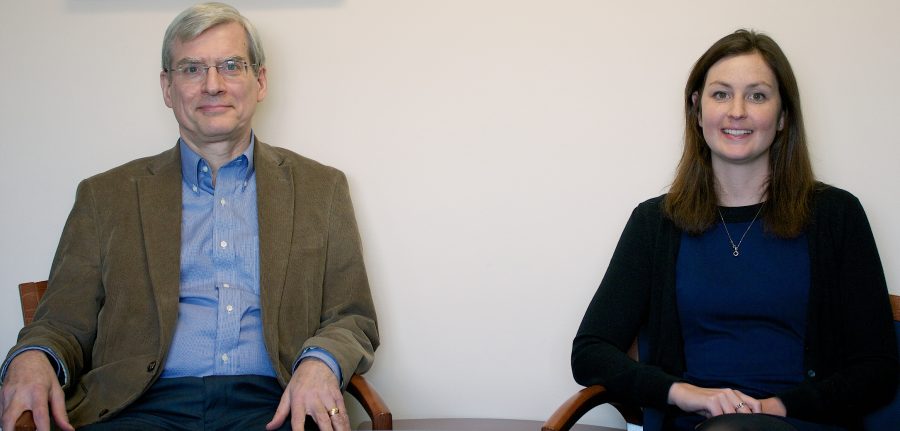The Youth and Community Transformation Project, currently in the planning stages, will bring students and faculty from several departments at UMass Boston together to address the needs of underserved young people beginning in fall 2013. The City of Boston and Teen Empowerment, a nonprofit dedicated to dealing with youth violence, will work in partnership with the university to expand Teen Empowerment’s services in Boston.
At Teen Empowerment’s 20th anniversary dinner on March 7, Chancellor J. Keith Motley announced the collaboration to a crowd that included Mayor Thomas Menino, a UMass Boston alumnus. Since then, professors and the staff of Teen Empowerment have begun to plan the form that the project should take.
Currently, Teen Empowerment has three sites in Boston and one in Somerville. The organization’s youth organizers, who are 14-21, meet at these locations on a regular basis to plan events and learn leadership skills
According to Executive Director Stanley Pollack, “What Teen Empowerment actually attempts to do is engage youth in community change.” Organizers are responsible for reaching out to a broad segment of young people in their respective neighborhoods, and finding ways to convince these young people not to commit violent crimes.
The Youth and Community Transformation Project will expand services offered by Teen Empowerment in the Boston area. Pollack hopes the university will provide “staff training in community dynamics, conflict resolution, mental health principles, and substance abuse research.”
He’s also expecting to develop a service guide for Teen Empowerment workers, a list of other organizations to refer to when Teen Empowerment can’t help. Some of the people Pollack and his employees run into have what he calls “very serious problems.”
Pollack recalled how Teen Empowerment’s involvement with UMass Boston began two years ago at a “big celebration with a fundraiser,” when a friend of his introduced him to Motley. “The chancellor,” he said, “was very inspired” by Teen Empowerment’s mission. “It was at his suggestion that I first started talking with [Professor Russell] Schutt.”
Schutt, the chair of the Department of Sociology, was looking for a project for his class of applied sociology MA candidates when Pollack met with him. “His timing couldn’t have been better,” said Schutt. The class, taught in Fall 2011, became centered around Pollack’s organization.
In Fall 2012, Schutt himself studied Teen Empowerment, with funding from the Michigan-based Fetzer Institute. After a thorough examination of the program in Somerville, the study found that Teen Empowerment had brought about “an approximately 50 percent reduction in Part 1 crimes,” serious crimes involving violence, arson, and large scale theft.
The end result of Schutt’s study has been not just suggestions for the improvement of Teen Empowerment, but proof, which can be taken to policy-makers and politicians, that Teen Empowerment works.
Schutt wants to develop a working relationship between Teen Empowerment and faculty in psychology, nursing, exercise and health sciences, counseling, and dispute resolution. Some of these faculty members may, like Schutt, involve their students in Teen Empowerment.
He also wants to do another study, a “gold standard evaluation.” The limited funding available through the Fetzer Institute meant that Schutt was only able to evaluate the program in Somerville, not Boston. “It’s a bigger city. It’s sort of harder to have an impact there, and also to evaluate. …We couldn’t study people over time to look at changes, or survey the community.”
Working with UMass Boston, Pollack said, allows the program to “add the element of academic rigor, and see what the results of that are.” He isn’t just satisfied with the university’s, and Schutt’s, contributions to Teen Empowerment; he’s excited about further collaboration.

